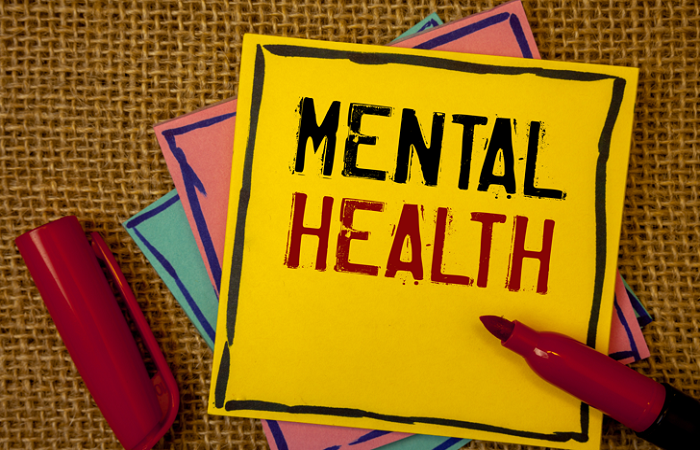 New data has revealed that 59% of employers felt an increased responsibility for supporting the mental wellbeing of staff as a result of Covid-19 (Coronavirus).
New data has revealed that 59% of employers felt an increased responsibility for supporting the mental wellbeing of staff as a result of Covid-19 (Coronavirus).
Group Risk Development (Grid), the industry body for the group risk protection sector, conducted research among 501 HR decision-makers and found that 57% felt the same increased responsibility for physical wellbeing of staff, 56% felt the same for supporting staff social wellbeing and 50% thought employees’ financial wellbeing should be prioritised.
Two-fifths (40%) increased their communication about wellbeing support available to workers and 34% encouraged engagement and utilisation of support.
Just above a quarter (27%) said that they had made it easier for employees to access support and benefits remotely online and via apps, one-quarter extended assistance beyond the individual employee to include family members, and 22% invested in new employee benefits to provide extra support.
Katharine Moxham, spokesperson for Grid, commented that employees feel most vulnerable in terms of their mental wellbeing, and employers have rightly assessed this as being an area in which they can step up and take more responsibility, as evidenced in the research.
She explained that employers should be wary of solely prioritising one area of wellbeing over another as the UK adjusts to the new norms of working life, and that adopting a holistic approach to staff wellbeing will ensure that all employees are as well-looked after as possible, while also resulting in long-term benefits for the business too.
“Mental, physical, social and financial wellbeing are inextricably linked and so employers must address all four areas when providing post-pandemic support for staff.
“Employer-sponsored life assurance, income protection and critical illness have proven really popular because they provide financial support when people have been directly affected by the pandemic, as well as extra embedded services designed to support health and wellbeing,” Moxham said.